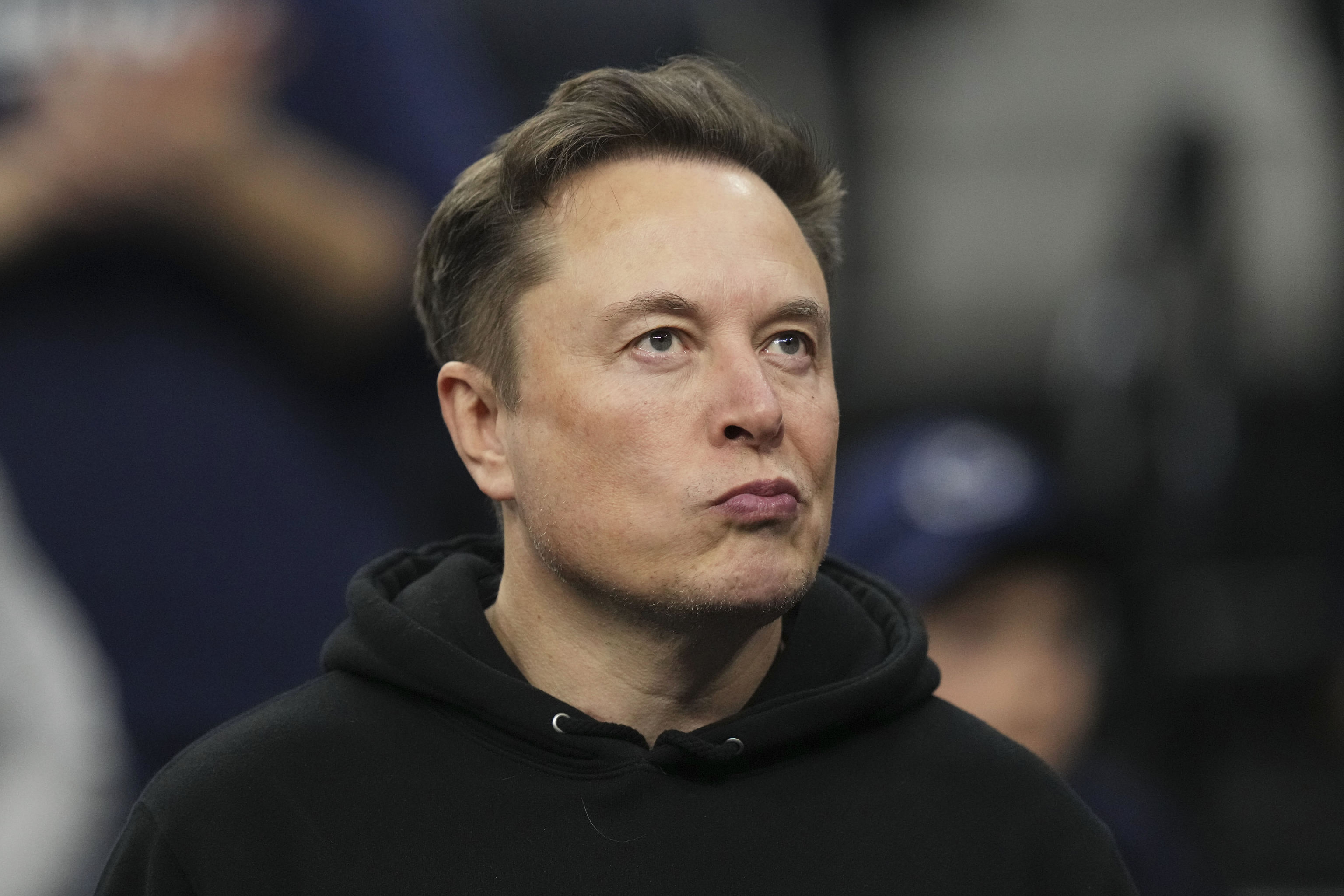Donald Trump announced last night a new tariff of 25% that directly targets the automotive sector outside of the United States (US), which is expected to come into effect on April 3, a day after the other tariffs already announced by the American president.
Ironically, there is a clear loser: the US. At midday on Wall Street, its main automotive companies were experiencing losses greater than those of the rest of the world: General Motors was down 7.17% and Ford was down 2.77%. This continues the nearly 5% decline they experienced yesterday after the tariff announcement (and outside of trading hours). Both companies have production chains in the US, Mexico, and Canada.
However, one motor company stood out from the decline: Tesla. Amidst the sea of red numbers, the company shone with a 2.70% increase. This is because Trump's tariff wall is growing and protecting the company of his star advisor, Elon Musk, whose production is mainly located in the US, especially in California and Texas.
A tense day in the stock markets
As is usual with each advancement in this tariff war, stock market tension was inevitable. The day of widespread losses in Europe leaves the DAX, Germany's main index, as the most affected by Trump's latest announcement. Given its high exposure to the automotive sector, the Frankfurt stock exchange saw its value cut by 0.77% at the European close (it was down 1.4% at the opening). On the other hand, the rest of the European stock exchanges also managed to cushion their losses, with London falling 0.31% at the close and Paris down 0.55% (it was down 1.07% at the opening). In a surprising turn of events, as it experienced declines for most of the day, the Milan stock exchange stood out from the European decline and grew by 0.07% (it started with a 1.28% drop).
The Euro Stoxx50, index where the largest European companies are listed and serves as a reference for the entire European market, experienced a day of declines after falling 1.15% at the session opening, and ultimately closed with a 0.57% decrease in value. Its performance was particularly affected by leading companies in the automotive world, such as Mercedes Benz, BMW, Stellantis, and Volkswagen.
At the opening of the European stock market, declines were also seen in the commodities market; however, they were mitigated by the close: the Brent barrel was priced at 73.72 dollars at the end of the European session, a decrease of 0.07%, while the West Texas Intermediate (WTI) was at 69.69 dollars, an increase of 0.06%. In the bond market, the yield on the Spanish 10-year bond stood at 3.394%, compared to 3.420% at Wednesday's close. In the currency market, the euro was trading with a 0.40% appreciation against the dollar, at an exchange rate of 1.0796 greenbacks per euro.
The latest market to react to Trump's tariffs was Wall Street, which in the early trading of this Thursday saw the Dow Jones (its industrial index) fall by 0.23%; the Nasdaq (technology index) by 0.49%, and the benchmark index, the S&P 500, by 0.38%. In this American opening, the most penalized were General Motors with a 7.8% drop, and Ford with a 3.1% drop.
Analysts' forecasts indicated that Thursday would be a day of widespread losses following Trump's latest announcement. In his address last night from the Oval Office, the American president explained that they expect to raise up to 100 billion dollars a year with their tariff measures, something that will lead to "tremendous growth" for the automotive industry, as well as boosting employment and investment in the US. However, the initial reactions were of declines in their own territory. As warned by analysts at Renta4, the biggest loser is expected to be the American consumer, as vehicle prices will increase with this move.
The American automobile market has a high foreign presence, with Mexico being the main supplier, followed by South Korea, Japan, Canada, and Germany. Looking even closer at Europe, where the Old Continent imposes a 10% tariff on vehicle imports from the US, while the US currently responds with 2.5%, Trump's new tariff implies "bad news for the automotive sector in general," as noted by analysts at Bankinter in their forecasts for this Thursday. The entity points out that among European manufacturers, Mercedes will be the most affected, as it exports around 55% of its sales to the US from Europe, compared to 35% for BMW and Volkswagen.
Before the opening of European stock exchanges, Asian markets concluded a day of stock market tensions with mixed signs. The main index of the Tokyo Stock Exchange, the Nikkei, recorded a 0.6% decline driven precisely by the automotive sector, while the benchmark index of the Shanghai Stock Exchange gained 0.15%. Toyota, Hyundai, and Nissan, the major players in the Asian market, saw their value decrease by 2.04%, 2.47%, and 1.67%, respectively. Kia Motors also did not escape, falling by 3.45%. Faced with this critical day, Japanese Prime Minister Shigeru Ishiba announced that they will soon respond "appropriately" to the new US tariffs on the automotive sector, "with all available options." According to Efe agency, American tariffs could cost the major Japanese manufacturers up to 3.2 trillion yen (about 19.8 billion euros) in additional duties.
